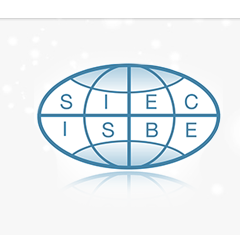Abstract
The importance of quantitative literacy in business education cannot be overstated. A barrier to enhancing quantitative skills for many business majors is their math anxiety, an angst some individuals experience when working with numbers. This study explored the relationship between math anxiety, locus of control, and impostor phenomenon in business students. 220 business students (undergraduate and graduate) from a two moderately sized southeastern universities in the United States participated in an online survey that assessed these three phenomena. A linear regression was run to understand the relationships among the variables. The results indicated that more than one fifth of math anxiety was accounted for by students’ belief in the influence of their success and their fear of being outed as incapable. As locus of control becomes more external, math anxiety increases, and as feelings of impostor syndrome increase, so too do feelings of math anxiety. Implications of this study, including tips for recognizing and overcoming locus of control and impostor phenomenon issues are highlighted, areas for future research in business education are outlined, and limitations to the study are addressed.
Recommended Citation
Tovey, Tiffany L. S.; Kelly, Stephanie; and Brown, Wiley
(2022)
"The Relationships among Locus of Control, the Impostor Phenomenon, and Math Anxiety in Business Majors,"
International Journal for Business Education: Vol. 163:
No.
1, Article 2.
DOI: https://doi.org/10.30707/IJBE163.1.1660590612.882591
Available at:
https://ir.library.illinoisstate.edu/ijbe/vol163/iss1/2
Included in
Accounting Commons, Adult and Continuing Education Commons, Adult and Continuing Education and Teaching Commons, Advertising and Promotion Management Commons, Agribusiness Commons, Business Administration, Management, and Operations Commons, Business Analytics Commons, Business and Corporate Communications Commons, Curriculum and Instruction Commons, Educational Leadership Commons, Educational Methods Commons, Educational Technology Commons, Entrepreneurial and Small Business Operations Commons, International Business Commons, Junior High, Intermediate, Middle School Education and Teaching Commons, Management Information Systems Commons, Marketing Commons, Online and Distance Education Commons, Organizational Behavior and Theory Commons, Other Business Commons, Other Education Commons, Other Teacher Education and Professional Development Commons, Secondary Education Commons, Secondary Education and Teaching Commons, Technology and Innovation Commons, Vocational Education Commons

